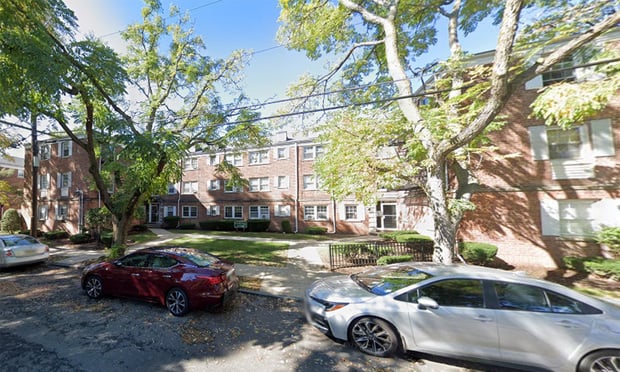"We want to minimize discussion of our problems," said Joseph Maraziti, a partner in the Short Hills-based law firm of Maraziti Falcon & Healey, in his opening remarks. Maraziti is a board member of PlanSmart NJ, a Trenton-based regional planning group. The reference, of course, was to the negative press the state has been garnering recently regarding its economy and business climate.
"We've talked enough about our problems," Maraziti told the audience of government officials, planners and business leaders. "We're here to talk about solutions. There is a sense of urgency about the future of New Jersey, we're rapidly approaching build-out, the margins of error are extremely narrow and it affects everything. We need to solve our problems collaboratively and cohesively."
Economic consultant Michael Gallis of Charlotte, NC-based Gallis Associates said that "New Jersey is perhaps the best-positioned state to take advantage of global change, but the biggest surprise is that we're not taking advantage of that. The state is drowning in problems, and not taking advantage of its position."
Those advantages include everything from the state's ports to its knowledge-based economy and well-educated labor force. Calling the state "a key opportunity zone of the world," he urged planners to "think in terms of fitting into markets" when it comes to building its economy. Referring to the state's position as part of the metro New York and Philadelphia markets, Gallis said that "it's not about political boundaries. It's all interconnected."
He also blamed the Federal government for the way it doles out transportation money, and specifically for "not giving New Jersey the money it needs for transportation in order to perform its national function.
"New Jersey sits in the middle of the largest economic concentration, from Boston to Washington. Is that a problem?" he asked. "New Jersey has the country's third largest industrial market. Is that a problem? It has one of the largest office markets. Is that a problem? New Jersey has every advantage, but government thinking is not in tune. Government won't do it on its own; it has to be a public-private effort."
As part of a follow-up panel, Katherine Kish, co-executive director of Einstein's Alley, a Kingston, NJ-based planning group that promotes Central New Jersey for economic development, termed her organization "an example of new visionism, a way of thinking," of the type of effort to which Gallis was referring. "We're trying to disrupt the 'old' thinking about New Jersey."
In terms of globalization of commerce, Sam Crane, principal of Crane Consulting, Newark, predicted that the much-publicized widening of the Panama Canal "will fundamentally change the way goods are shipped in the US." By providing all-water access for more goods from Asia, bypassing the West Coast, more goods "will move around New Jersey and the region." He called for greater "system-wide efficiency" to handle it.
And Dennis Bone, president of Verizon New Jersey, Newark, emphasized the "integrated global information network" and its rapid changes. "It has huge implications for our strategies.
"New Jersey has special advantages," Bone said, referring specifically to the state's knowledge base. "We have to focus on how to leverage our knowledge base, coupled with our density and other assets, to our advantage," he concluded.
Want to continue reading?
Become a Free ALM Digital Reader.
Once you are an ALM Digital Member, you’ll receive:
- Breaking commercial real estate news and analysis, on-site and via our newsletters and custom alerts
- Educational webcasts, white papers, and ebooks from industry thought leaders
- Critical coverage of the property casualty insurance and financial advisory markets on our other ALM sites, PropertyCasualty360 and ThinkAdvisor
Already have an account? Sign In Now
*May exclude premium content© 2024 ALM Global, LLC, All Rights Reserved. Request academic re-use from www.copyright.com. All other uses, submit a request to [email protected]. For more information visit Asset & Logo Licensing.







